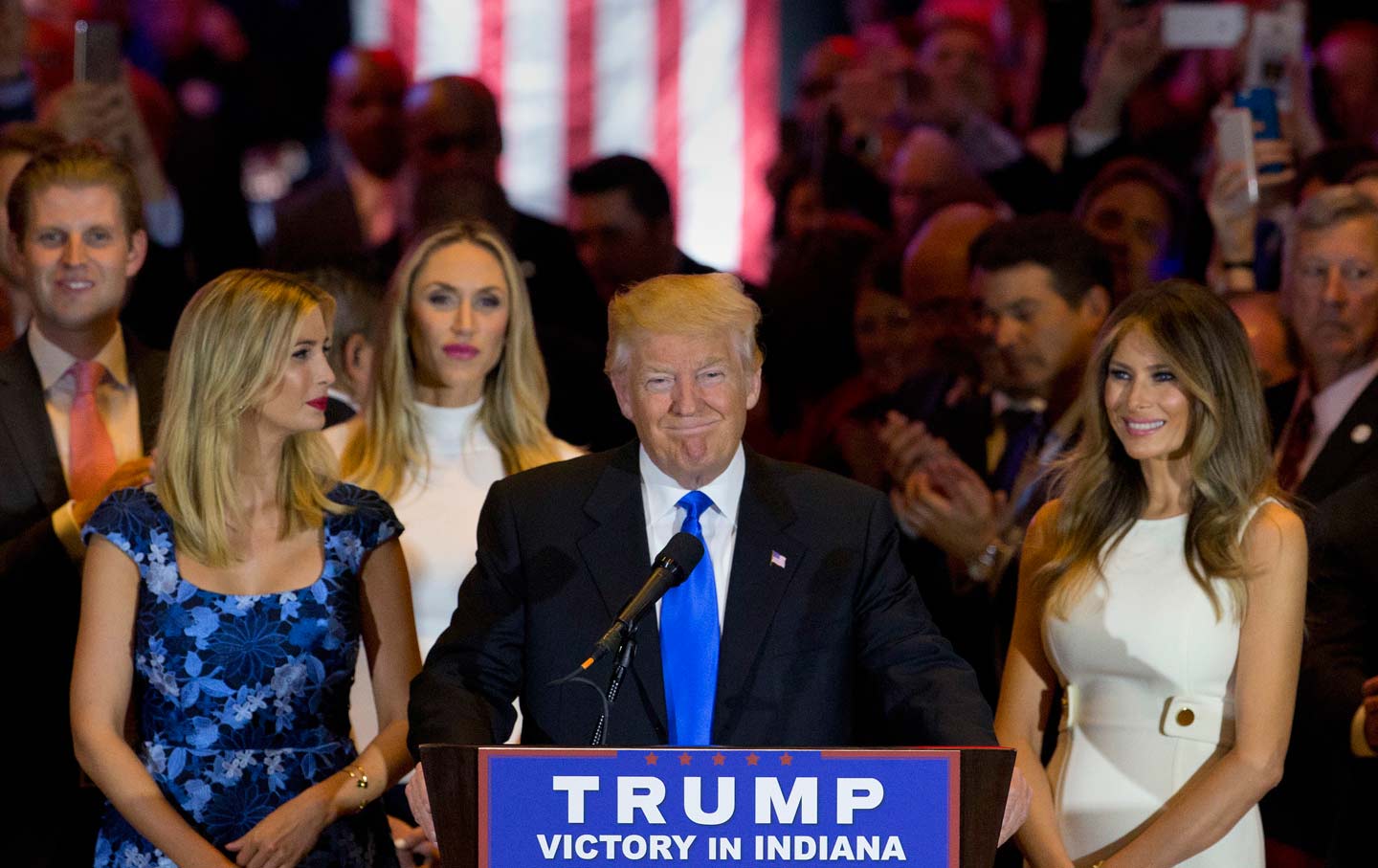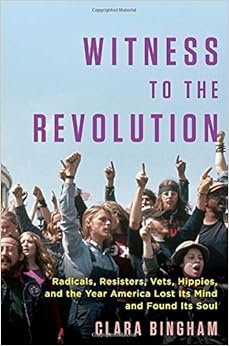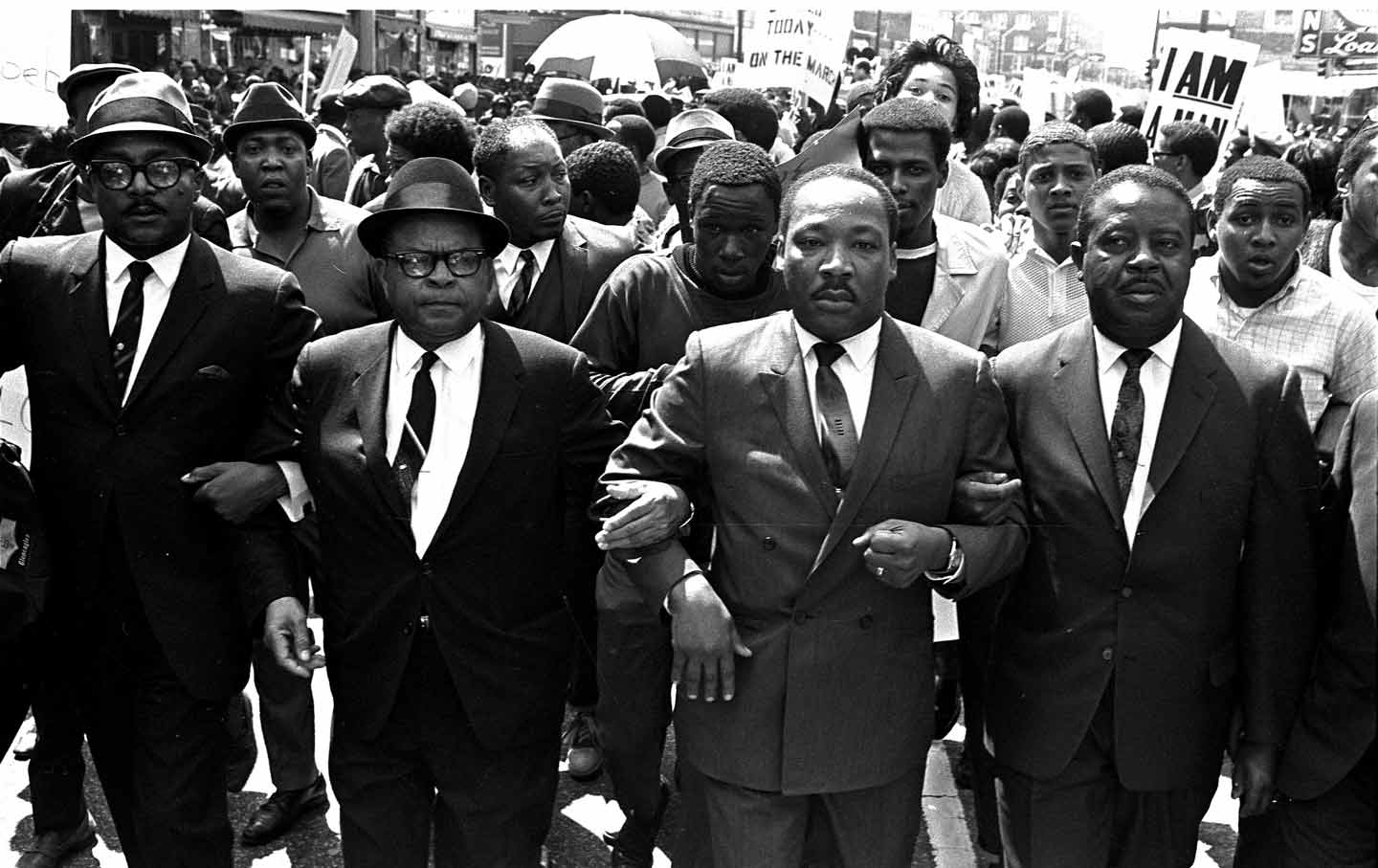 Trump needs at least five or six million more votes than Romney in 2012. Where can he get them? A look at longstanding patterns in American voting suggests that it’s pretty much an impossible task.
Trump needs at least five or six million more votes than Romney in 2012. Where can he get them? A look at longstanding patterns in American voting suggests that it’s pretty much an impossible task.
READ the piece at TheNation.com HERE
Journalism
“Witness to the Revolution”: New York Times Book Review 6/12
 The new book Witness to the Revolution: Radicals, Resisters, Vets, Hippies, and the Year America Lost Its Mind and Found Its Soul, by Clara Bingham, is an oral history of 1969-1970. It’s surprisingly moving and powerful.
The new book Witness to the Revolution: Radicals, Resisters, Vets, Hippies, and the Year America Lost Its Mind and Found Its Soul, by Clara Bingham, is an oral history of 1969-1970. It’s surprisingly moving and powerful.
Read my review HERE.
Pico Diary #3: LA Review of Books 6/2
 When the circus came to Pico Blvd;
When the circus came to Pico Blvd;
a look inside the karate studio;
and the mystery of the Pico Teriyaki House: they’re never open, but the guy is always in there.
http://blog.lareviewofbooks.org/essays/pico-diary-3/
Nancy Reagan and the Problem of the Two Nancys: TheNation.com 3/5
 There were two Nancy Davises in Hollywood in the early ’50s. One called the other a Communist. That was not true. The first one ended up in the White House, and the other one ended up in Ventura, California, flipping burgers in a snack bar.
There were two Nancy Davises in Hollywood in the early ’50s. One called the other a Communist. That was not true. The first one ended up in the White House, and the other one ended up in Ventura, California, flipping burgers in a snack bar.
story @TheNation.com http://bit.ly/1TYDchM
Pico Diary: LA Review of Books 2/25
 Lunch at the Cemitas Poblanas truck, kindergarteners on their way to make pizza, and a chat with the EMT guys at the Fire Station
Lunch at the Cemitas Poblanas truck, kindergarteners on their way to make pizza, and a chat with the EMT guys at the Fire Station
— my new Pico Diary, at the LA Review of Books: HERE.
Tavis Smiley Q&A: The Nation 2/8
 Tavis Smiley talks about Martin Luther King’s final year—the year that began with his speech condemning the war in Vietnam, where he called the US “the greatest purveyor of violence in the world today.” That year ended, of course, with the sanitation workers’ strike in Memphis.
Tavis Smiley talks about Martin Luther King’s final year—the year that began with his speech condemning the war in Vietnam, where he called the US “the greatest purveyor of violence in the world today.” That year ended, of course, with the sanitation workers’ strike in Memphis.
Print version of the longer interview published online on MLK Day HERE
Anna Deveare Smith: Report from Baltimore–TheNation.com 1/29
 The actor and playwright talks about performing in her home town of Baltimore after the police killed Freddie Gray–dramatizing the school-to-prison pipeline–and organizing theater audiences in the process.
The actor and playwright talks about performing in her home town of Baltimore after the police killed Freddie Gray–dramatizing the school-to-prison pipeline–and organizing theater audiences in the process.
Continued at TheNation.com HERE
Tavis Smiley: Martin Luther King’s Last Year: TheNation.com 1/18
 Tavis Smiley talks about Martin Luther King’s final year—the year that began with his speech condemning the war in Vietnam, where he called the US “the greatest purveyor of violence in the world today.” That year ended, of course, with the sanitation workers’ strike in Memphis.
Tavis Smiley talks about Martin Luther King’s final year—the year that began with his speech condemning the war in Vietnam, where he called the US “the greatest purveyor of violence in the world today.” That year ended, of course, with the sanitation workers’ strike in Memphis.
At TheNation.com, HERE
Pico Blvd. Diary: LA Review of Books 1-5-16
 A caravan of four Stanford football buses roars down Pico Boulevard with a police escort — in town for the Rose Bowl. I stand at the corner with a delivery guy from the Domino’s Pizza down the block — he’s an older Latino man.
A caravan of four Stanford football buses roars down Pico Boulevard with a police escort — in town for the Rose Bowl. I stand at the corner with a delivery guy from the Domino’s Pizza down the block — he’s an older Latino man.
He asks, “Is it Obama?” . . .
Continue reading at LA Review of Books HERE
Syed Farook’s Arsenal Is As American as Apple Pie: TheNation.com, 12/4
 If possessing two AR-15s and 2,500 rounds of ammo makes you a terror suspect, then we need to investigate several million Americans, most of whom are older white men — and Republicans.
If possessing two AR-15s and 2,500 rounds of ammo makes you a terror suspect, then we need to investigate several million Americans, most of whom are older white men — and Republicans.
The story at TheNation.com, HERE